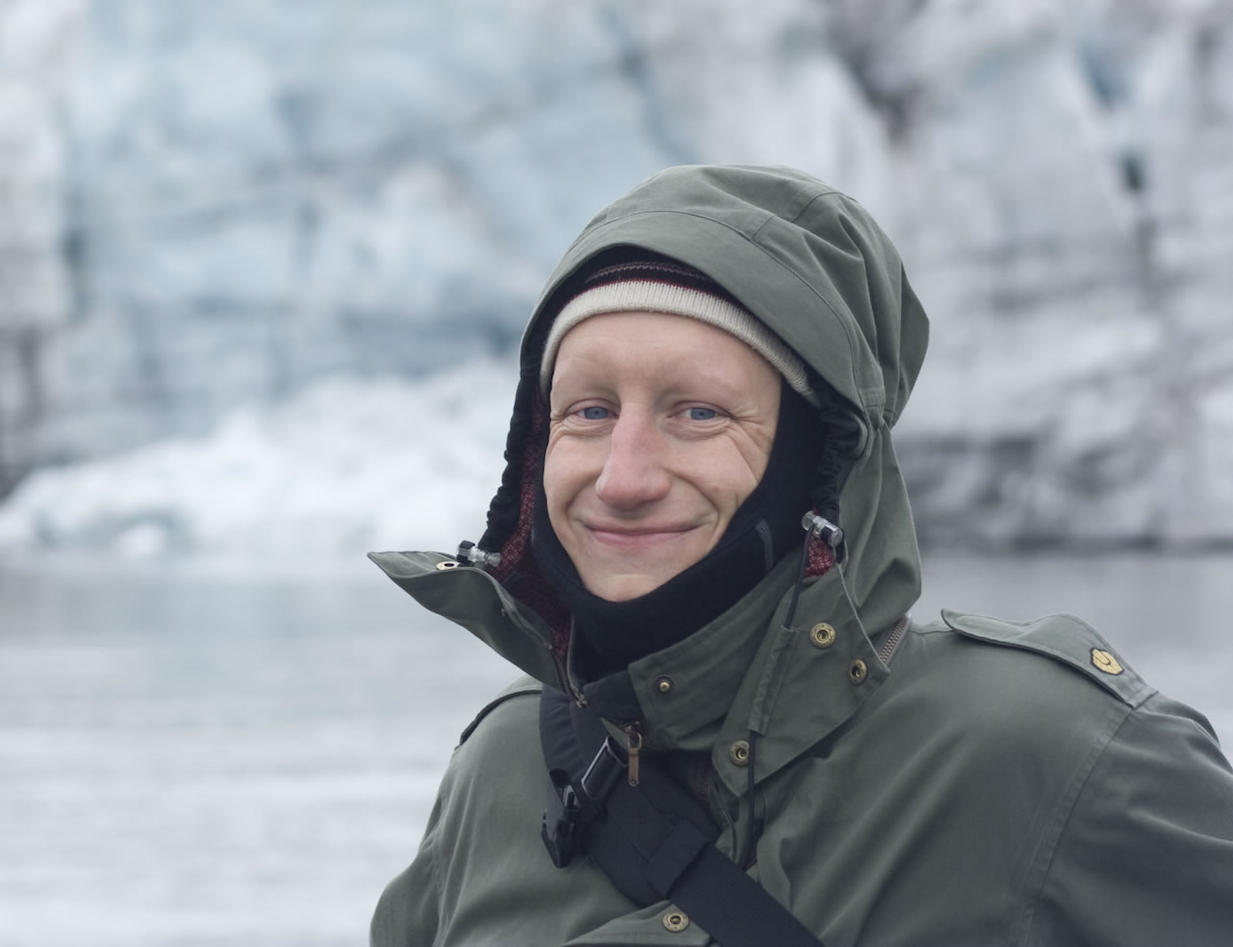Have research competency, will travel
Marie Curie Actions provide researchers with stepping stones of new research opportunities.

Main content
As a bioinformatician, Anders Lanzén is an extremely popular colleague. The fact that he is also a great guy makes our congratulations of his impending departure to a new research position all the more bitter-sweet.
In May Lanzén will begin an Intra-European Fellowship for Career Development (IEF) fellowship. The 2-yr fellowship will take him to Neiker-Tecnalia, the Basque Institute for Agricultural Research and Development, in north-eastern Spain.
Neiker-Tecnalia, the Basque Institute for Agricultural Research and Development, is a nonprofit state-owned company assigned to the Department of Environment, Regional Planning, Agriculture and Fisheries of the Basque Government. Its mission is to provide leadership in food, agriculture, natural resources and related issues. In particular, the soil microbiology group at Neiker, where Lanzén will be hosted, works closely with the University of the Basque Country (UPV/EHU). This is a large university (three times the student population of UiB) with campuses in Bilbao and San Sebastian.
The IEF fellowship is one of the Actions in the EU’s Marie Curie Actions programme. It was established because the EU has recognised that at various stages of their career, experienced researchers may welcome an opportunity to acquire new research skills or to work in other sectors. This broadening of their horizons also helps to broaden Europe’s knowledge base. In turn, that makes our economy more competitive, providing more and better jobs.
The various Action fellowships have been designed to encourage researchers to expand their horizons by gaining experience in other research settings abroad or in the private sector, and by completing or complimenting their training with competences or disciplines that are useful for their careers. They are open to researchers of all ages and levels of experience, regardless of nationality.
The Actions identify two categories of researcher, early-stage and experienced. There are eight different kinds of Actions:
- Initial Training Networks (ITN)
- Intra-European Fellowships for Career Development (IEF)
- Career Integration Grants (CIGCo-funding of Regional, National, and International Programmes (COFUND)
- Industry Academia Partnerships and Pathways (IAPP)
- International Outgoing Fellowships (IOF)
- International Incoming Fellowships (IIF)
- International Research Staff Exchange Scheme (IRSES)
Neiker-Tecnalia is beginning to add more sequencing work to their portfolio of research approaches and Lanzén’s bioinformatics expertise will be greatly appreciated. He will be working with a project that is evaluating changes in microbial diversity and community structure across changing alpine gradients. It is a subject that is important for monitoring the effects of climate change. Alpine communities are particularly sensitive to these changes. Lanzén explains that while the influence of altitude and climate change on community structure gradients is well studied from a macro-biology perspective, the microbial aspect has been poorly documented, in spite of its importance.
According to Lanzén, the rigor of the IEF application process was actually a positive experience. It forced him to write detailed plans with measurable outcomes. It also encouraged independent thinking because the project is an individual effort. The next probable date of publication for an IEF Action is 14 March 2013.
Parts of the project will build on research that Lanzén undertook here in Bergen as part of his PhD work, and he will continue to collaborate with the network he has established here at UiB and other universities. Lanzén heads off to the Basque Country this spring and plans to defend his PhD thesis 12 April, 2013.
